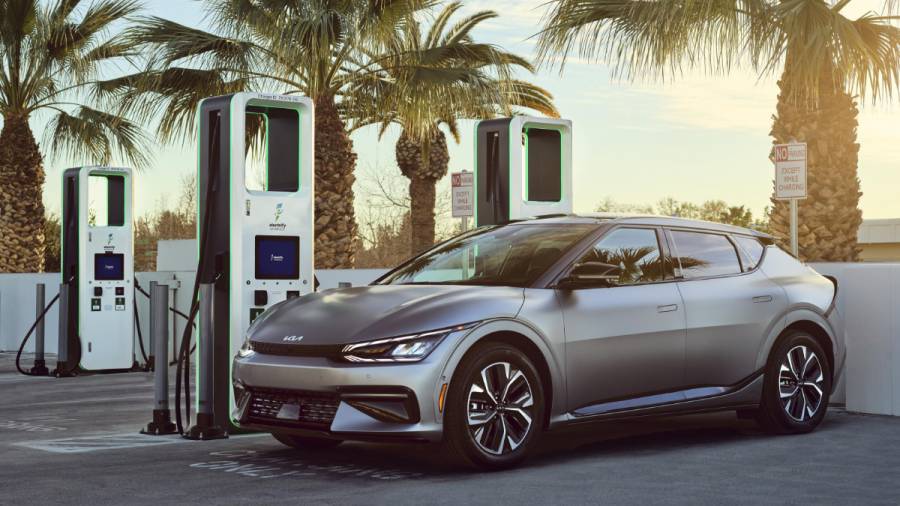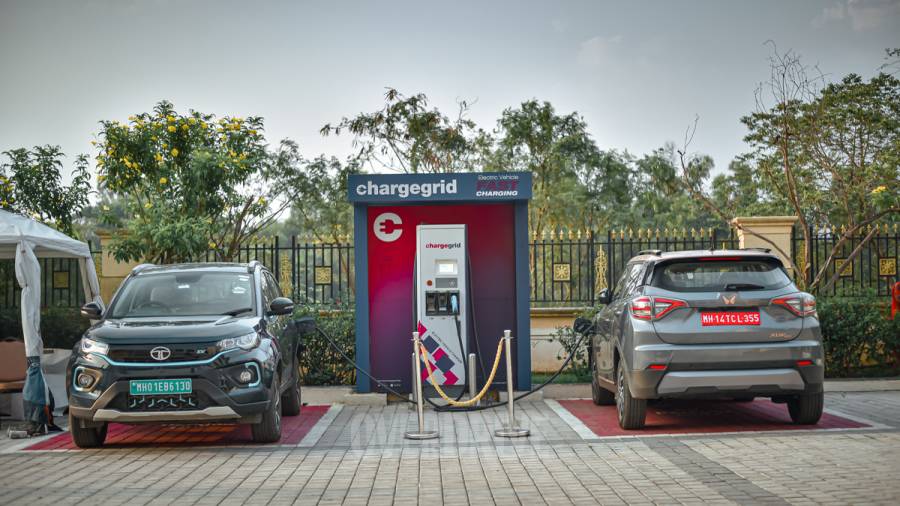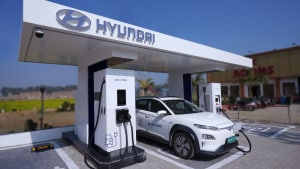India is in need of 1.32 million EV charging stations by 2030
According to a paper produced by the Confederation of Indian Industry (CII) on 'Charging Infrastructure for Electric cars,' India may require at least 1.32 million charging stations by 2030 to allow the fast adoption of electric cars (EVs). The research, the second in a series on "Roadmap for Future Mobility 2030" published in conjunction with Edelman Global Advisory, emphasizes the need for charging infrastructure in keeping up with India's rapid expansion of electric vehicles.

In recent years, India has seen tremendous growth in electric vehicle (EV) sales, exceeding even the most optimistic expectations. However, significant obstacles remain in building a stable and dependable charging infrastructure network to accommodate the rising number of EVs on the road.
EV sales in India, the world's fourth biggest automobile manufacturer, are expected to account for roughly 35 percent of total vehicle sales by 2030. According to the Confederation of Indian Industry research, EV sales would account for approximately 5 percent of total car sales in India across categories in 2022, representing a threefold rise from the previous year.
By 2030, it is expected that around 106 million EVs would be sold per year. To achieve the optimal ratio of one charger for every 40 electric cars, India would need to create around 400,000 charging stations each year, totalling 1.32 million chargers by the target year.
The CII research, created in conjunction with Edelman Global Advisory, is the second in a series focusing on the 'Roadmap for Future Mobility 2030'.

Several recommendations were made in the report, including streamlining the approval process for public charging infrastructure, rationalizing demand charges by aligning them with actual utilization, integrating charging networks into town planning for both new and existing urban areas, establishing a Special Purpose Vehicle (SPV) for deploying charging infrastructure in Tier 2, Tier 3, and rural regions, and incentivizing domestic manufacturing of components for EV charging stations.
The paper also advocates for the use of 100 percent renewable energy sources for charging stations, recommending a combination of open access, distributed renewable energy (DRE) through commercial and industrial sectors, and net metering with local and grid storage systems.














